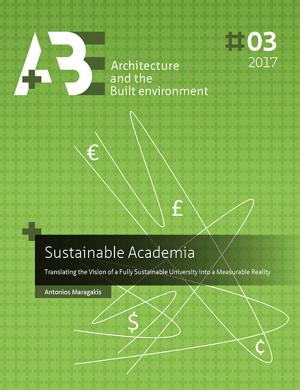Hosted by
Sustainable Academia: Translating the Vision of a Full Sustainable University into a Measurable Reality
Synopsis
There is a growing public expectation that universities should start focusing on delivering sustainability. The topic of sustainability in higher education has gathered a significant amount of interest from students, academics, governments and international organisations.
With a plethora of declarations, initiatives, marketing and assessments, there is a need to assess what the stakeholders want in order to make decisions regarding an institution's sustainability. Ultimately, students are the ones using these sustainability marketing materials to assist in their decision at which institution they will pursue their studies. The sheer volume of interpretations of the word sustainability with regards to higher education institution leaves ample room for potentially misguided initiatives or marketing.
A universal system for assessing a higher educational institution’s sustainability has not been translated into a measurable reality. It is proposed that a universal system would help create a common understanding of sustainability within higher education institutions and would help in stakeholder understanding, institutional accountability and impactful application of sustainable initiatives.
This research looked to answer if a holistic framework could be created that would aid stakeholders in reviewing a university’s level of sustainability. And, if so, if this vision of a fully sustainable university could be translated into a measurable reality.
The research was approached in a structured way. Each chapter represents a published and peer-reviewed step towards addressing if a holistic framework could be created that would aid students in reviewing sustainability tools, assessments and marketing. The qualitative and quantitative conclusions from each chapter influenced the subsequent chapters, eventually leading to the creation and testing of two digital tools. The interpretations of these published chapters are found in the conclusion of this dissertation.

